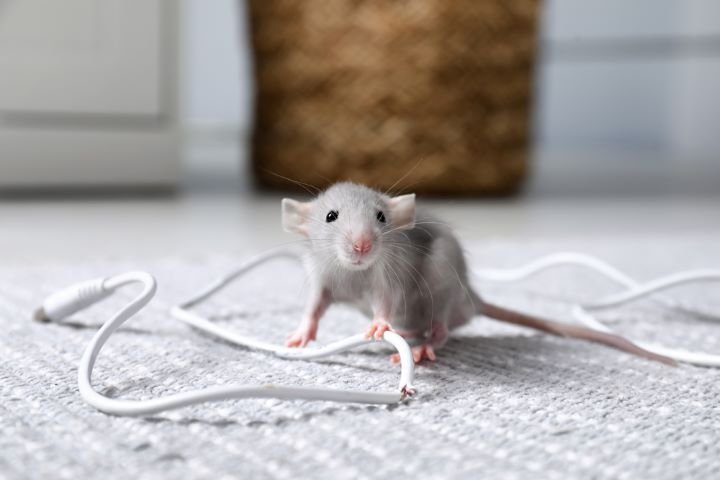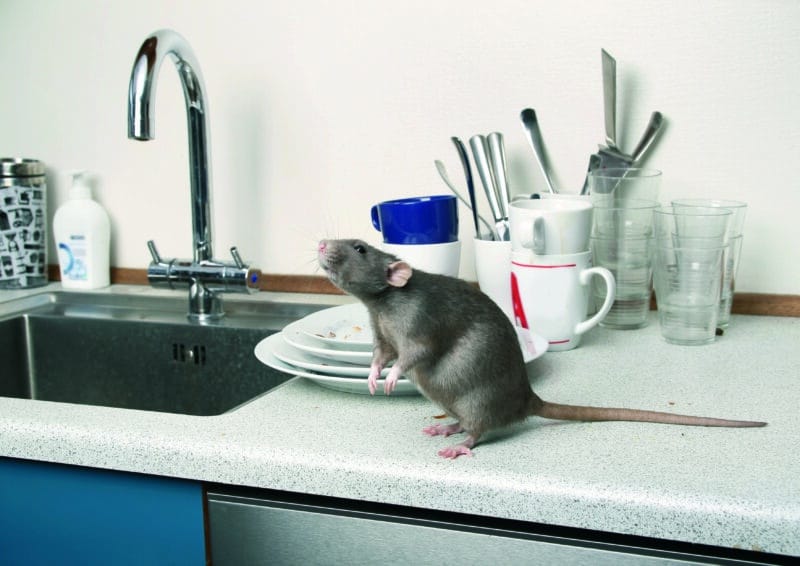Pest infestations can become a nightmare for any household, causing property damage and potential health risks. Understanding how to reduce the risk of a pest infestation is crucial for maintaining a safe and comfortable living environment. Whether you're living in an urban apartment or a suburban home, pests don't discriminate. Therefore, being proactive in pest management can save you time, stress, and money.

Understanding Pest Behavior
Before diving into prevention strategies, it's essential to understand why pests invade homes in the first place. Typically, pests are in search of three things: food, water, and shelter. For example, rodents are attracted to food sources, while certain insects may be seeking moisture or hiding spots.
Identifying Common Household Pests
While there are numerous pests, common household invaders include ants, cockroaches, rodents, and spiders. Each of these pests has unique habits and preferences. For example, cockroaches are nocturnal and thrive in dark, damp areas, while mice may seek out small crevices to create nests.
Strategies for Preventing Pest Infestations
Prevention is the first line of defense against pests. Here are some effective strategies:
Maintain Cleanliness
Ensuring a clean home is pivotal. Regularly dispose of garbage, vacuum frequently, and wipe down surfaces to eliminate crumbs and spills. Check out our article on foods that invite pests to be more cautious about what you leave lying around.
Seal Entry Points
Pests often enter homes through small gaps and openings. Inspect your home's exterior and patch up any potential entry points including windows, doors, and utility openings. This simple step can prevent many pests from making your home theirs.
Landscaping Tips
Keeping trees and shrubs trimmed and away from your home can reduce the likelihood of pests like rodents and ants entering your house. Regularly remove leaves, debris, and piled wood from around your homes foundation.
Using Pest Control Methods
Natural Deterrents
Many natural methods can deter pests. For instance, peppermint oil is known to ward off spiders and mice when sprayed around the home. Learn more about pest-free home solutions on our blog.
Professional Pest Control
If an infestation is already present, hiring professional pest control can efficiently manage the issue. Services like these often employ both preventive and control measures to keep pests at bay. Discover pest management solutions that may suit your needs.
DIY Methods
For those keen on tackling pest issues yourself, there are numerous do-it-yourself methods. For example, baits and traps can be used for rodents. For additional tips, visit DIY pest control tips to enhance your strategy.
Conclusion
Incorporating these prevention tactics can significantly reduce the risk of an infestation in your home. Remember, consistency is key; regular maintenance and vigilant habits go a long way in pest prevention.

FAQs
What attracts pests to my home?
Pests are usually attracted to food, water, and shelter. Poor sanitation and unmanaged waste make homes attractive to pests.
Are natural pest deterrents effective?
Yes, natural deterrents like peppermint oil can be effective against certain pests, as part of a broader pest management strategy.
How often should I check for pests?
Regular inspections are recommended, ideally once every season, to identify and address potential pest issues early.
This article contains affiliate links. We may earn a commission at no extra cost to you.
